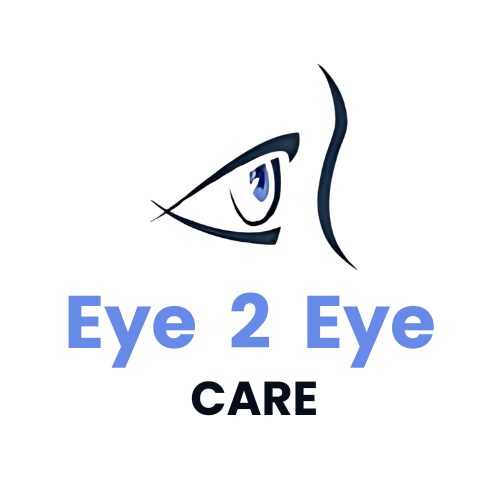Comprehensive Eye Exam

Have a question?
To learn more about our services and other non-urgent questions, contact us today!

Why You Should Consider a Comprehensive Eye Exam
A comprehensive eye exam is essential for maintaining both your vision and overall eye health. Unlike basic vision screenings, comprehensive eye exams delve into every aspect of your eye’s functionality, ensuring a thorough evaluation that goes beyond simply checking if you need glasses.
What Does a Comprehensive Eye Exam Involve?
External Eye Evaluation: Your eye doctor will begin by assessing the exterior of your eyes, including the whites (sclera), iris, pupil, eyelids, and eyelashes. This helps in identifying any visible abnormalities or signs of eye disease.
Internal Eye Examination: By dilating your eyes, the doctor can inspect the retina and optic nerve. This step is crucial for detecting issues like macular degeneration, retinal detachment, and optic nerve damage.
Visual Function and Eye Health: The exam also assesses how well your eyes work together and individually. This includes tests for depth perception, color vision, peripheral vision, and pupil response to light, along with evaluations of eye focusing, teaming, and movement.
Glaucoma Testing: A key component of the exam is measuring the fluid pressure inside your eyes. High pressure can indicate glaucoma, a condition that can lead to blindness if not managed properly.
Visual Acuity: To determine if corrective lenses are needed, your vision will be tested with various lenses. This helps your doctor recommend glasses or contact lenses that can enhance your sight.
The Holistic Approach to Eye Health
A comprehensive eye exam also takes into account your total health history. Your eye doctor will inquire about your overall health, medications, family history, and lifestyle habits, including smoking and sun exposure. These factors can significantly impact your eye health, making this discussion vital to an accurate assessment.
The American Optometric Association suggests that adults aged 18-60 should have an eye exam every two years if no issues are present. After 61, annual exams are recommended, or as advised by your eye care provider.
The Limitations of Vision Screenings
What Vision Screenings Miss: Vision screenings focus primarily on your ability to see clearly at a distance (visual acuity). However, they don’t account for other critical aspects of vision, such as color perception, peripheral vision, depth perception, or close-up focusing abilities. Moreover, they fail to assess the overall health of your eyes.
Who Conducts Vision Screenings: Often, vision screenings are administered by individuals who lack specialized training in eye health. These screenings might take place in schools, at health fairs, during work physicals, or for driver’s license renewals. Even when conducted by a physician, the scope is limited due to their generalist training and the basic tools at their disposal.
Inadequate Equipment: Vision screenings typically rely on simple tools, like an eye chart. This method doesn’t consider important variables such as lighting or testing distances, both of which can influence results. In contrast, an eye doctor has access to sophisticated equipment designed to provide a comprehensive assessment.

